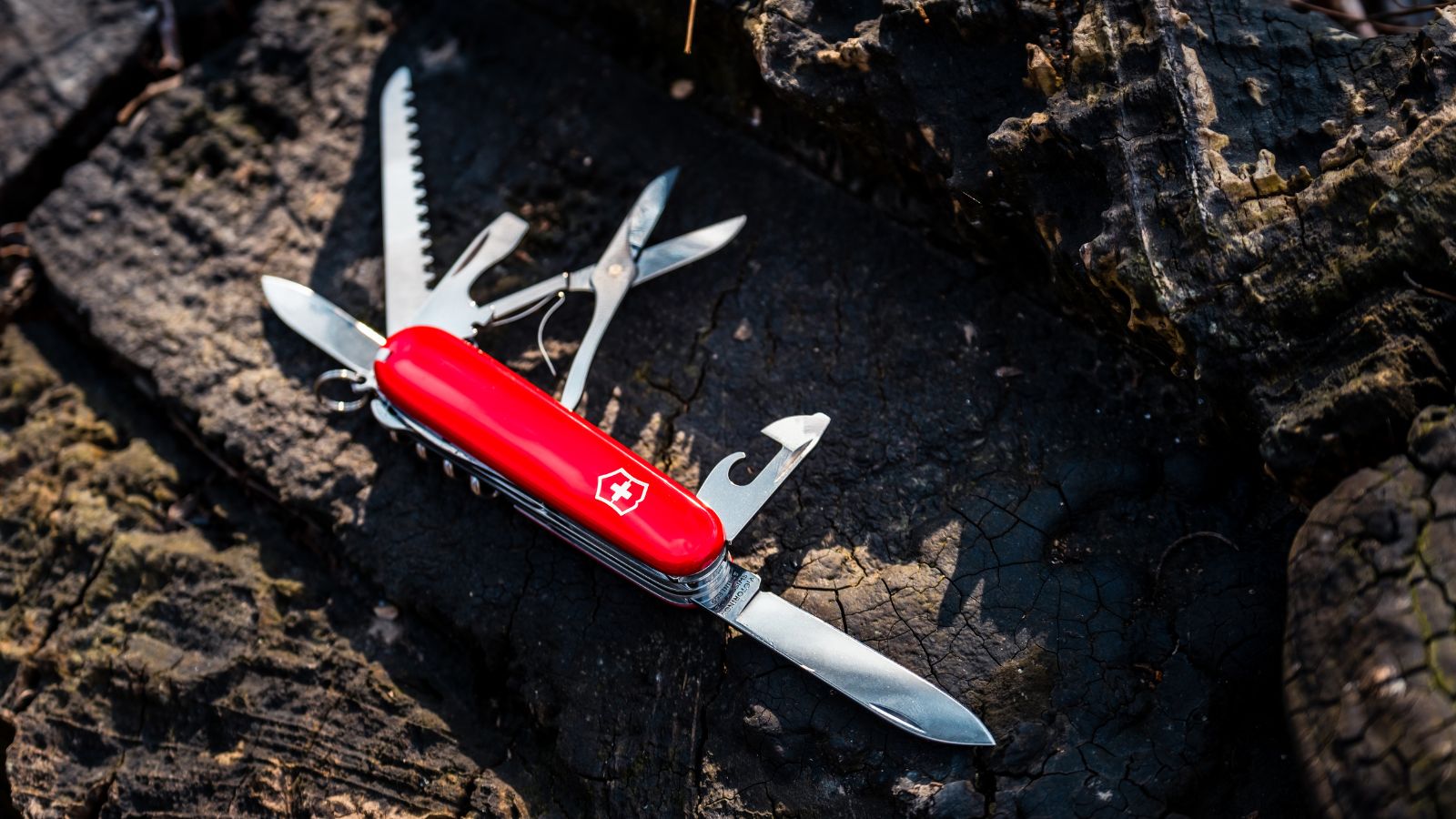Emergency kits are lifesavers in the event of a disaster. But while everyone remembers to pack bandages, flashlights, and extra clothes, equally important items are almost always overlooked. Here are 17 of these items you should always make sure are in your kit.
Manual Can Opener
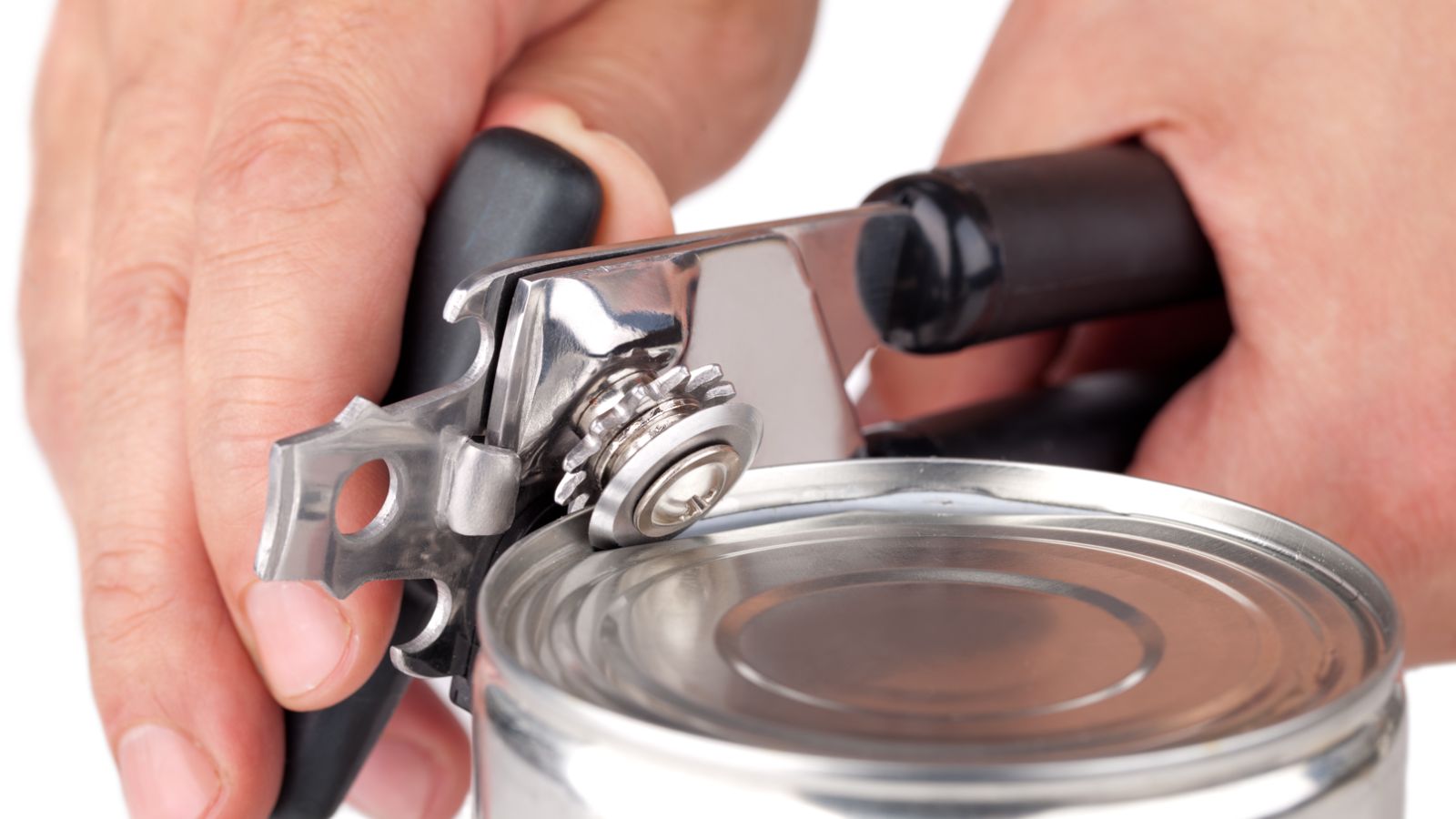
Canned food is a staple in survival kits, and you need to ensure that you can open them anytime you want. This is why you need manual can openers. Unlike electronic openers that need a power supply to work, you can use manual alternatives during an outage or in secluded areas. Manual openers are small and easy to store, too.
Personal Hygiene Items
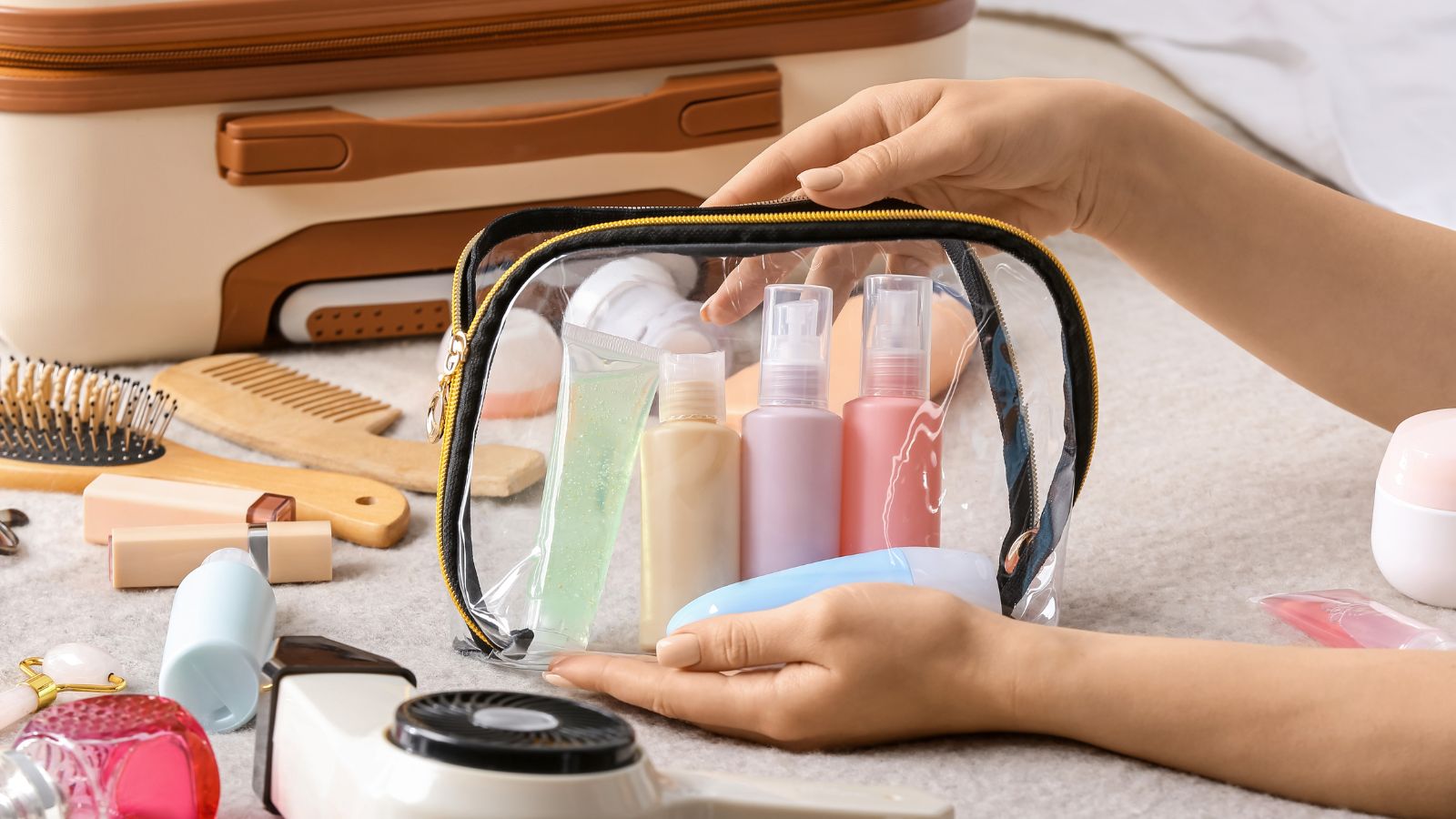
It’s common for people to overlook items like toothbrushes, soap, and sanitary products because they don’t seem crucial for survival. However, as the CDC explains, personal hygiene products help prevent infections and limit the spread of illnesses and diseases.
Extra Glasses or Contact Lenses
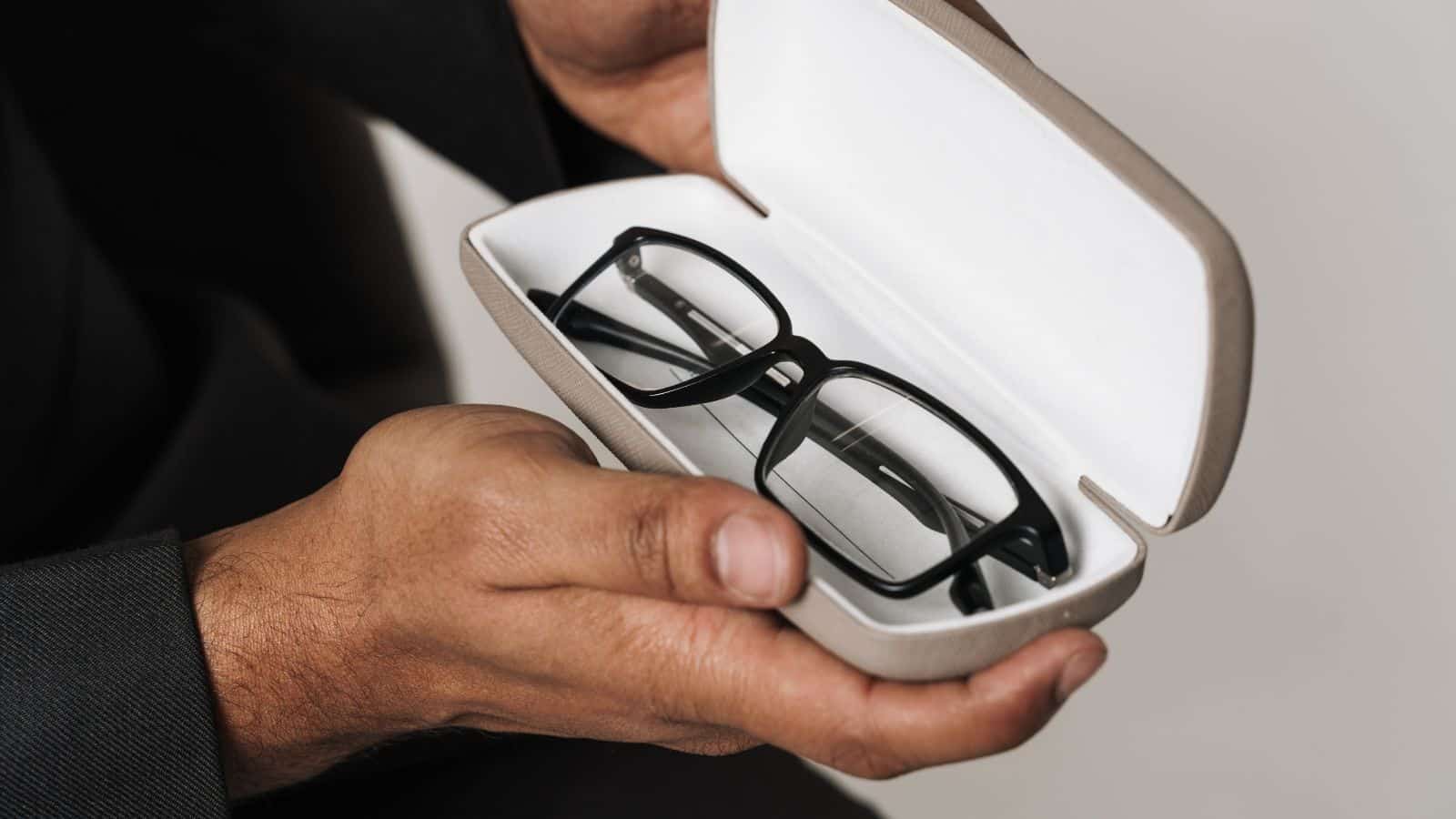
For those who need some assistance seeing, it’s also best to include an extra pair of prescription glasses or contact lenses. This ensures that if you lose or damage your normal ones, you have a backup pair, and you can still see them. Add some necessary cleaning solutions as well.
Whistle
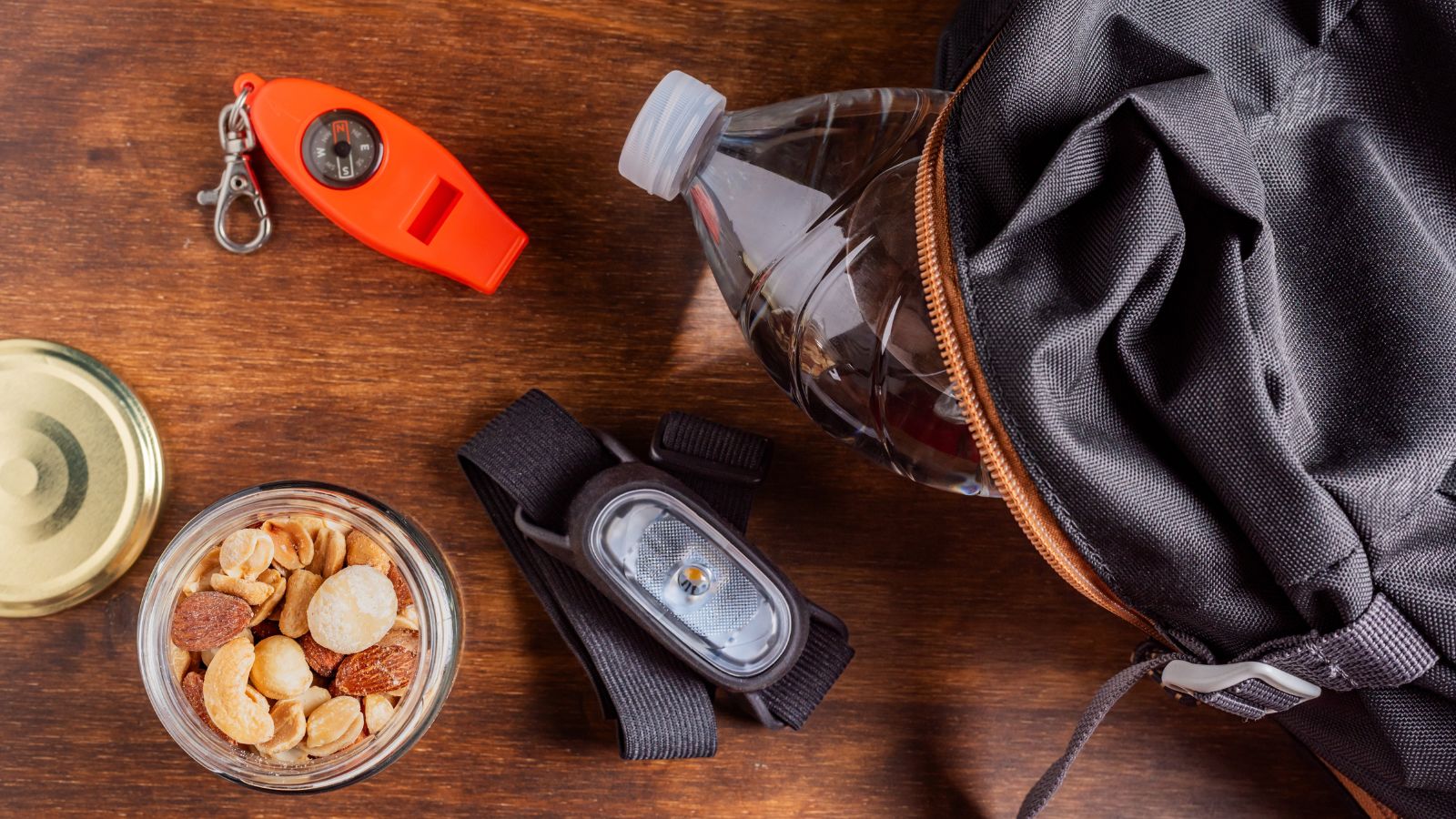
It’s immediately clear why you’ll need to have a whistle. The loud, low-frequency sounds of whistles can be heard over long distances, and this means they can be used to alert people of your whereabouts, signal for help, or as a means of general communication. You also don’t have to worry about space, as they’re small and lightweight.
Copies of Important Documents
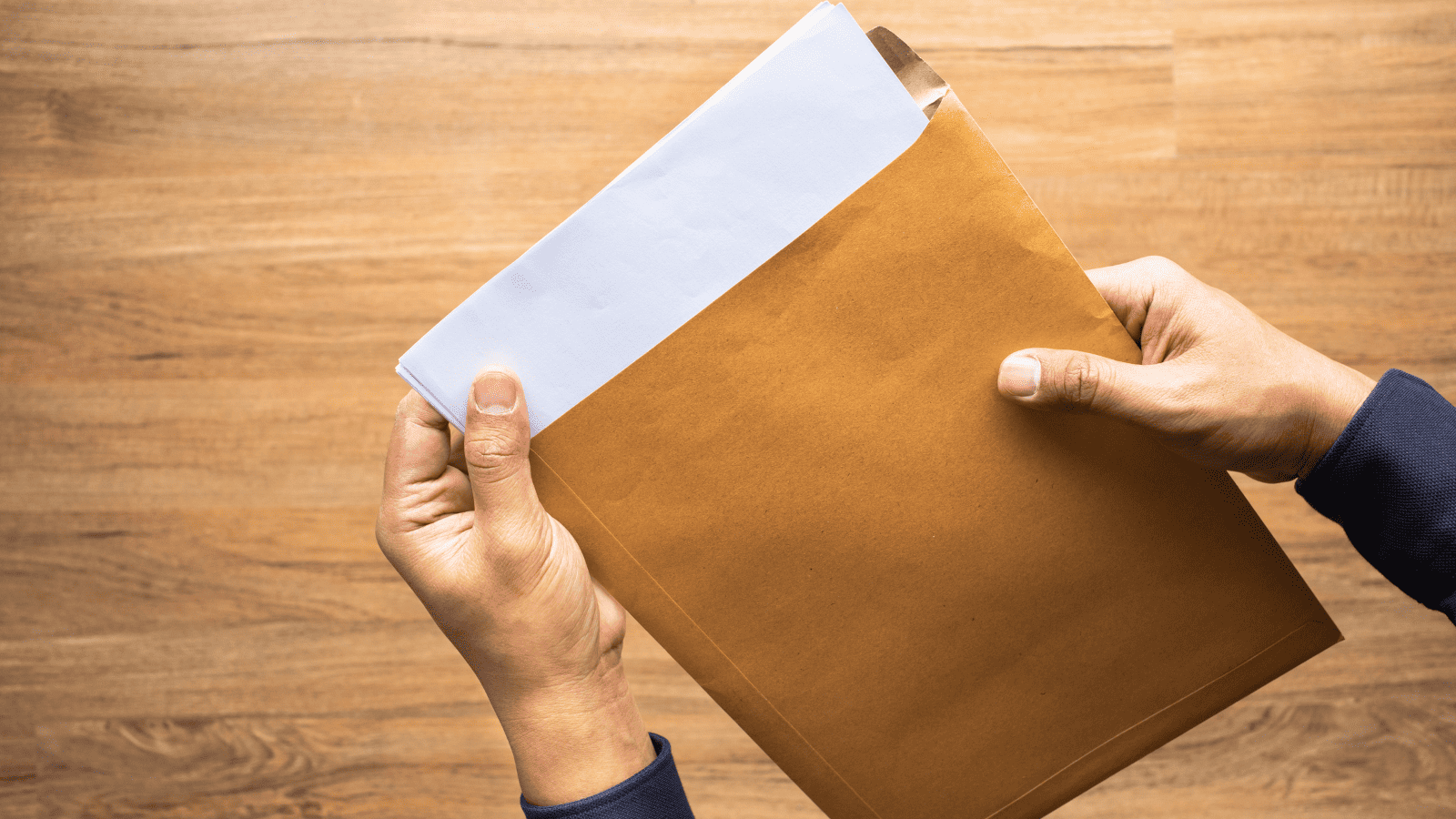
You’ll also want to include copies of important documents like your IDs, insurance papers, and medical records so that you don’t entirely lose them in a disaster. They’ll come in handy when you want to access certain services after an evacuation. To ensure they’re entirely safe, it’s best to keep them in waterproof containers.
Multi-Tool
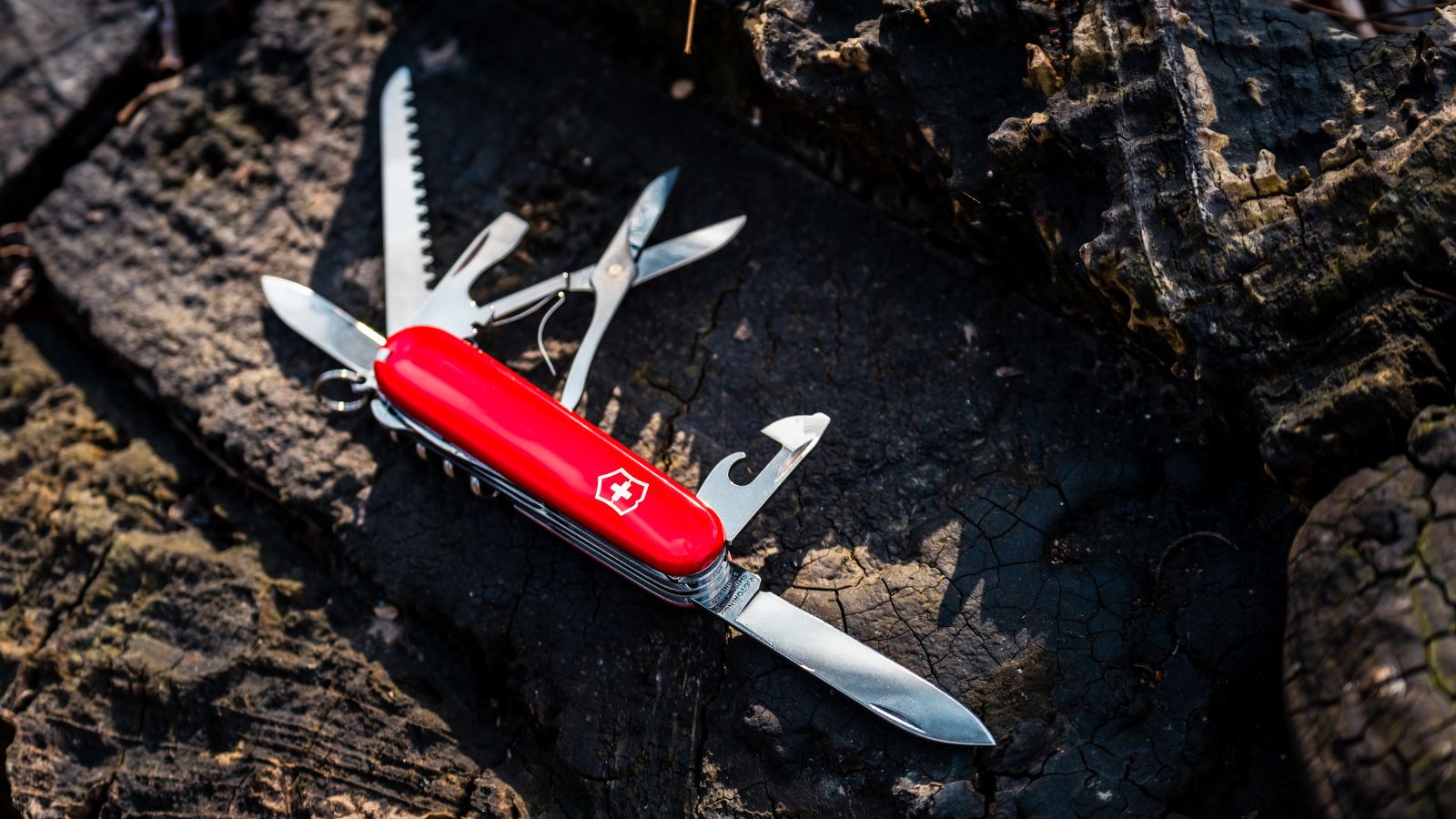
One of the best things to include in an emergency kit that’s typically forgotten is the multi-tool. This small item is usually equipped with a knife, nail file, tweezers, folding scissors, magnifying glass, pliers, screwdrivers, and many more. It’s also a versatile tool that helps in a variety of situations.
Cash in Small Denominations

In cases where electronic payment systems are down, cash will be king, and it’s best that you aren’t left financially stranded. You can have cash in all denominations. However, smaller bills are more helpful as they make money exchanges easier, allowing payments without change. The LA Times says it’s recommended to store at least $3,000 just to be safe.
Emergency Blankets
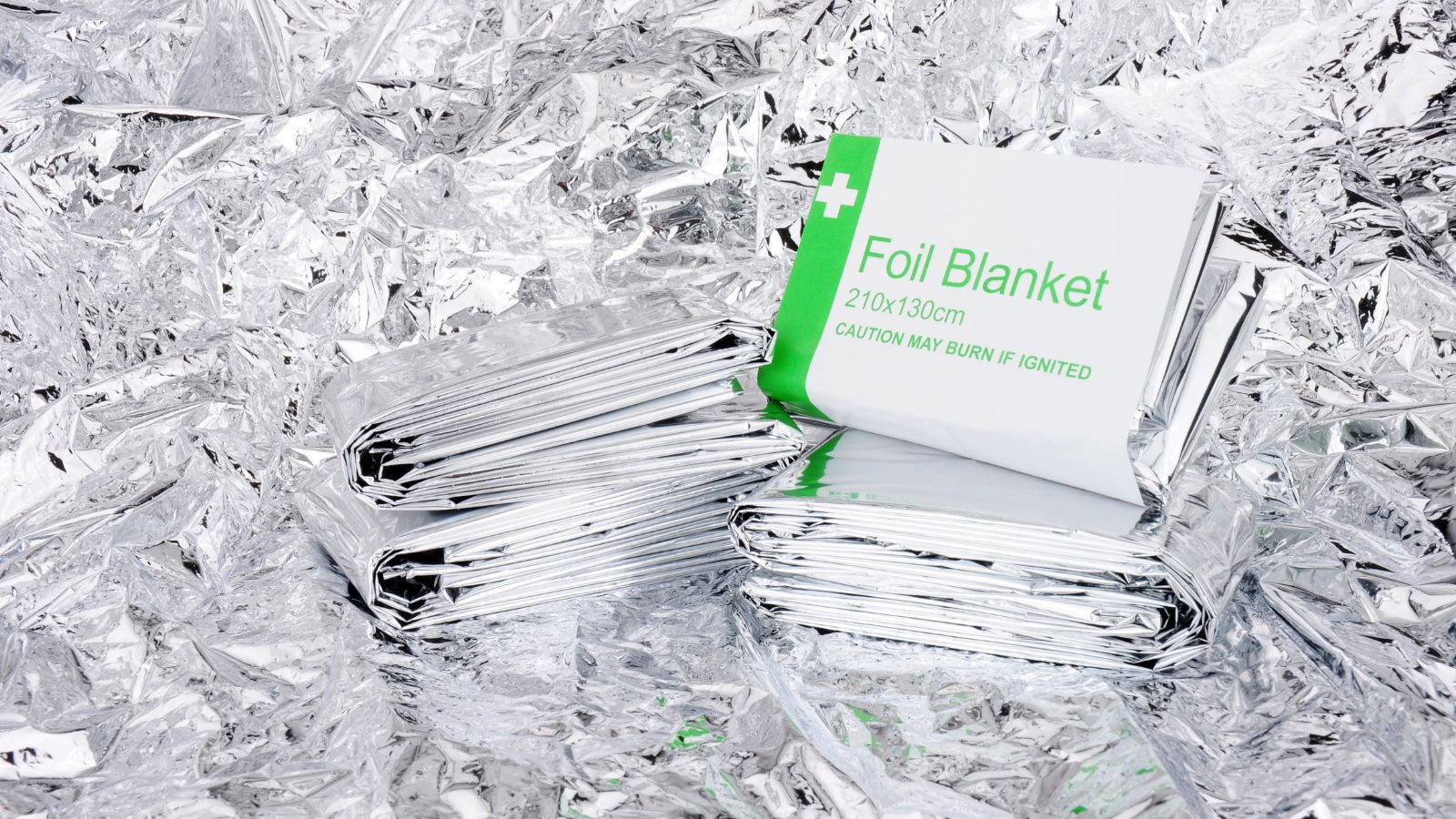
You should also include lightweight and compact blankets in your emergency kit to protect yourself in cold environments. These blankets can also be used to protect against the sun and as ground covers to rest on. Getting waterproof designs gives you extra protection in wet environments.
Water Purification Tablets or Filters
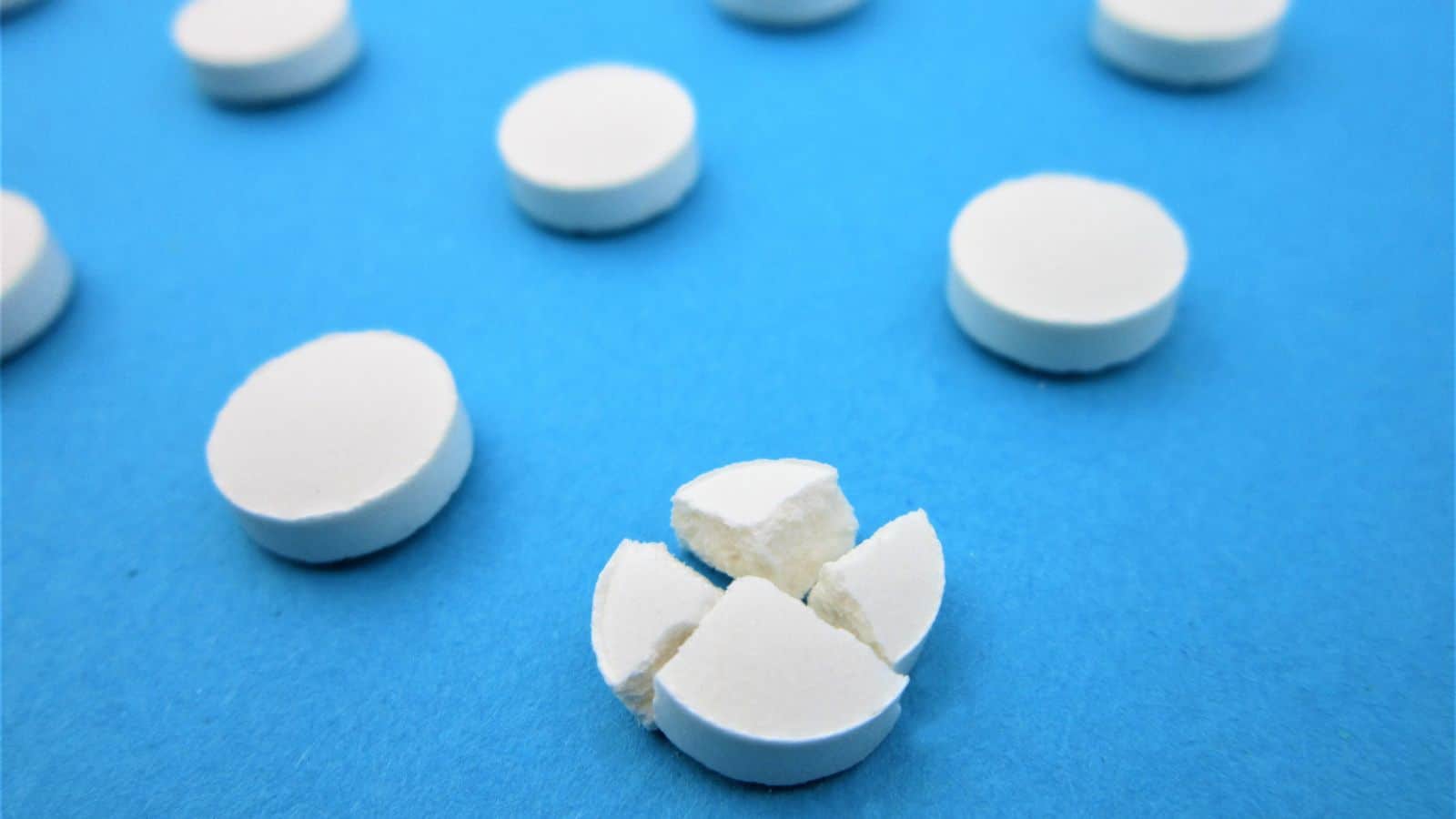
For the times you find yourself restricted to water sources you don’t trust, purification products will come in handy. They ensure you always have access to safe drinking water. Since purification tablets are small, you don’t have to carry large quantities of water everywhere you go anymore.
Power Banks
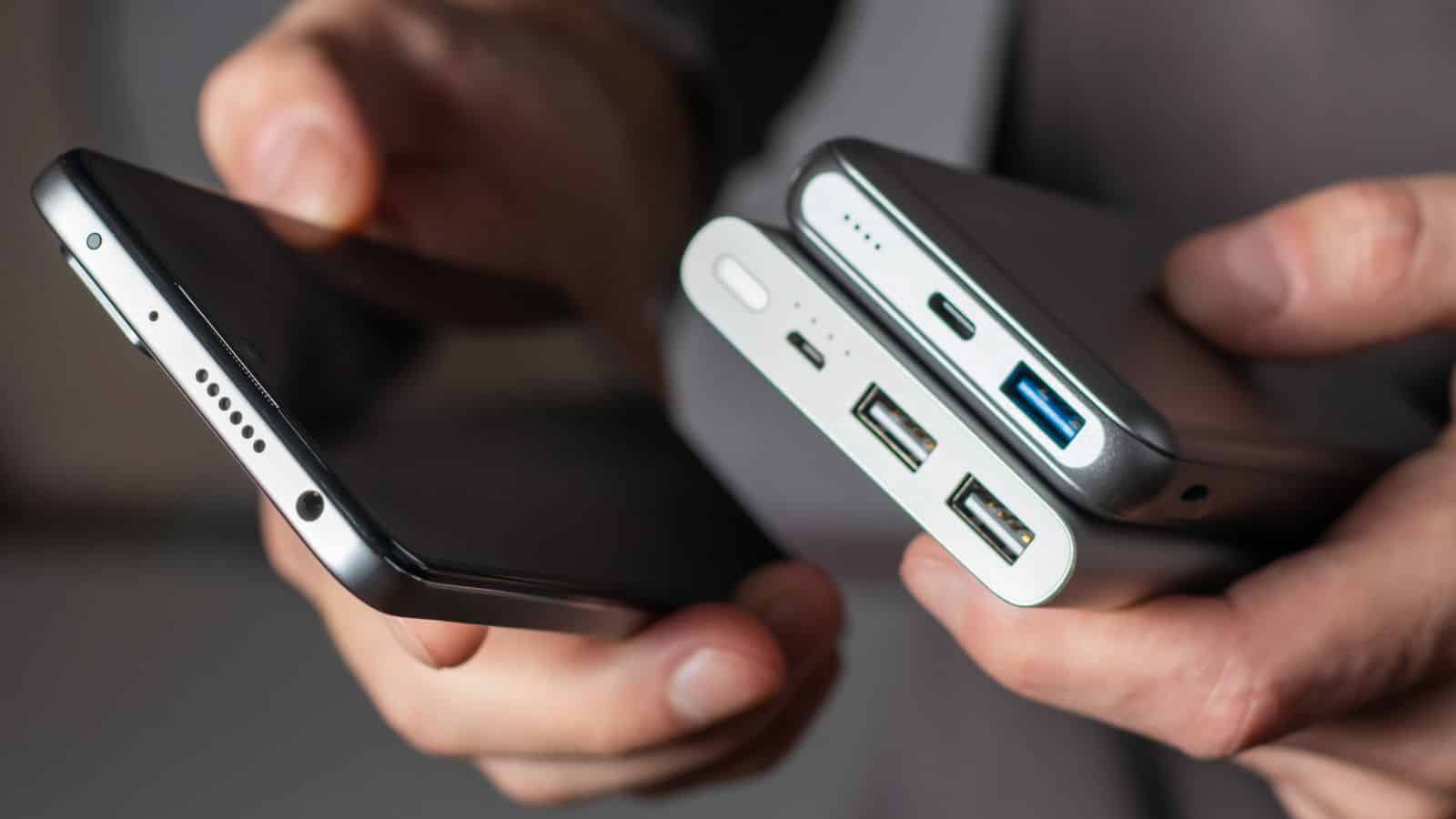
Another useful item during power outages is a power bank. These portable phone charging stations ensure you can communicate with family and emergency services after long periods without electricity. It’s even better if you have solar-powered models, as you won’t need electricity to recharge them.
Prescription Medications
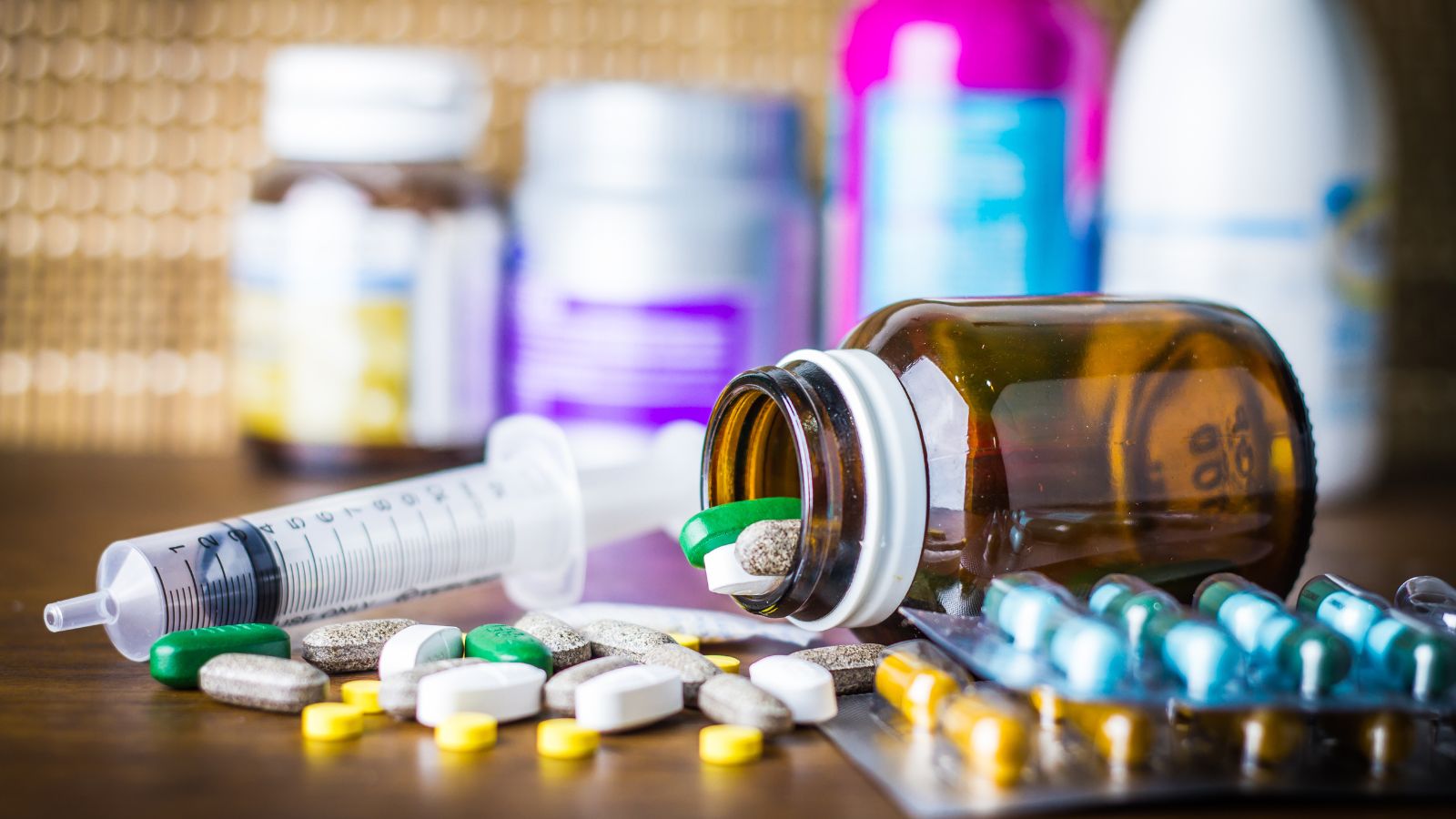
If you use prescription medicine, it’s crucial that you have some in your emergency kit, too. These spare drugs allow you to keep treating your chronic illnesses and prevent a health crisis. FEMA also advises that you keep a written copy of your prescriptions so you know what to buy when you need more.
Extra Batteries
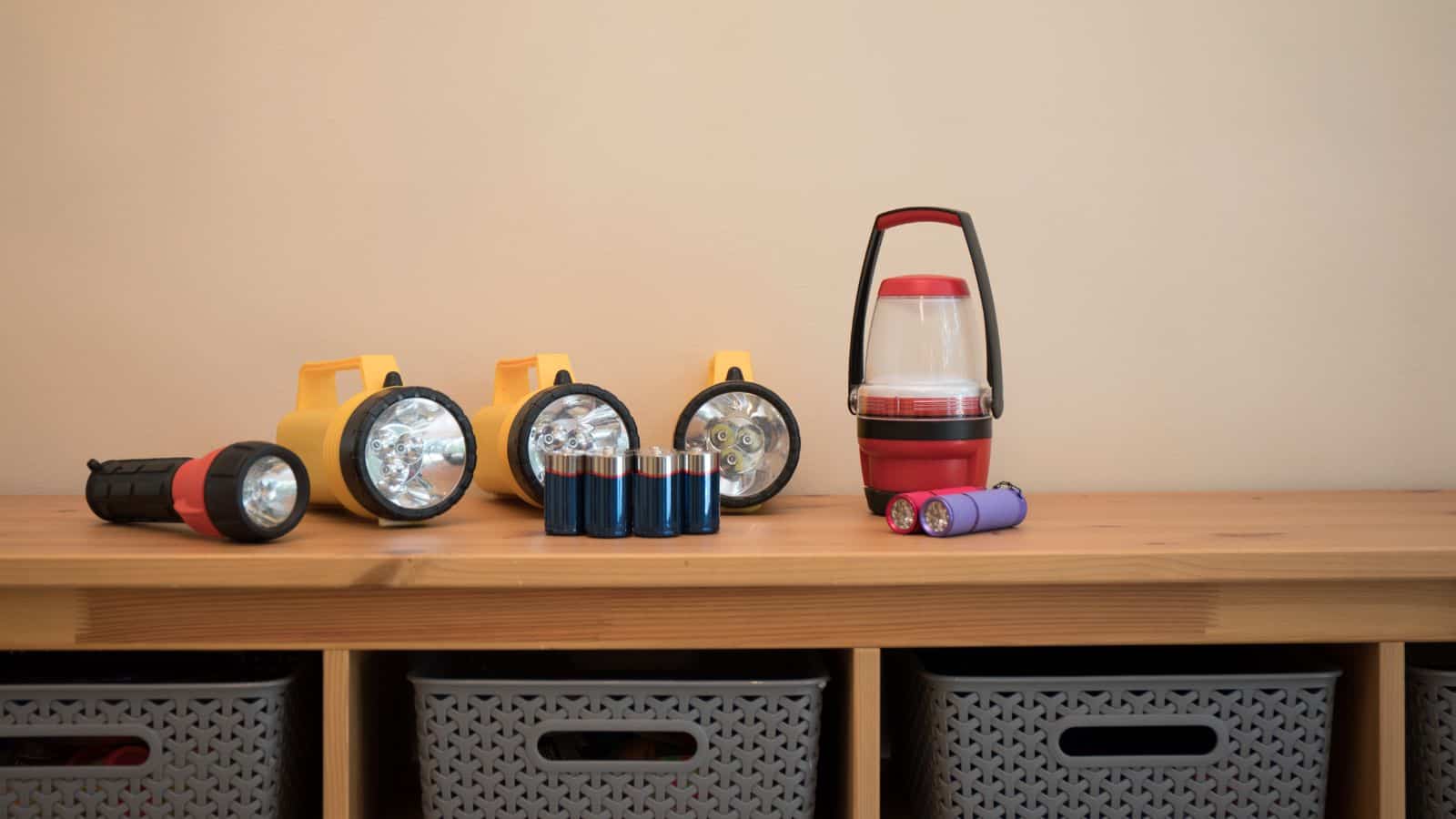
Extra batteries will help you power flashlights, radios, and other battery-powered devices when installed batteries run out. You’ll want to make sure that they’re stored somewhere cool and dry to avoid spoilage, and you should also keep a variety of battery sizes so you have spares for multiple devices.
Dust Masks
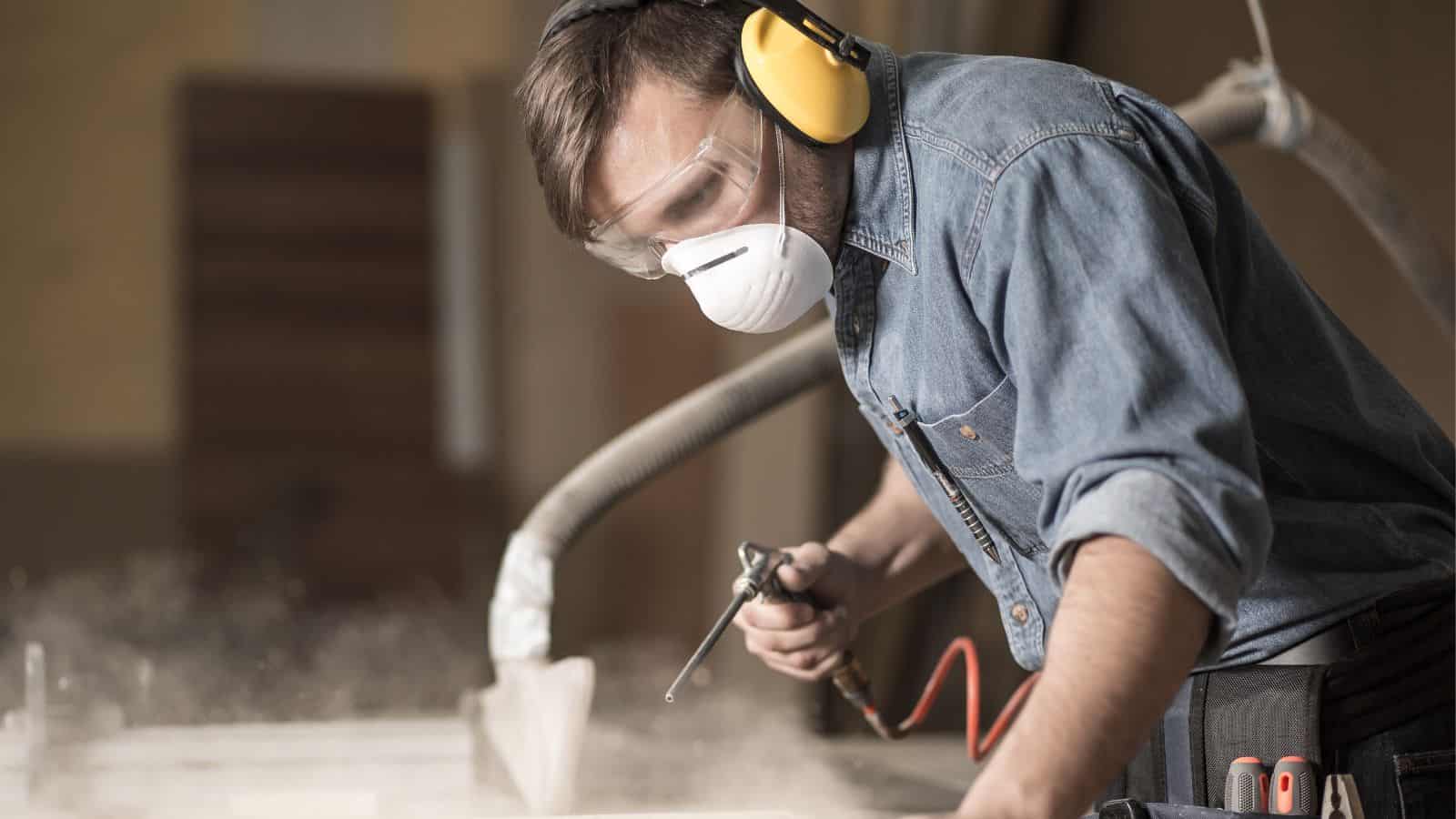
Include dust masks in your kit to ensure your respiratory tracts are protected and that you can breathe freely. These masks don’t just save you from dust; they also work against smoke, airborne illnesses, and other small particles in the air. They’re lightweight and easy to store, which makes them portable, too.
Duct Tape
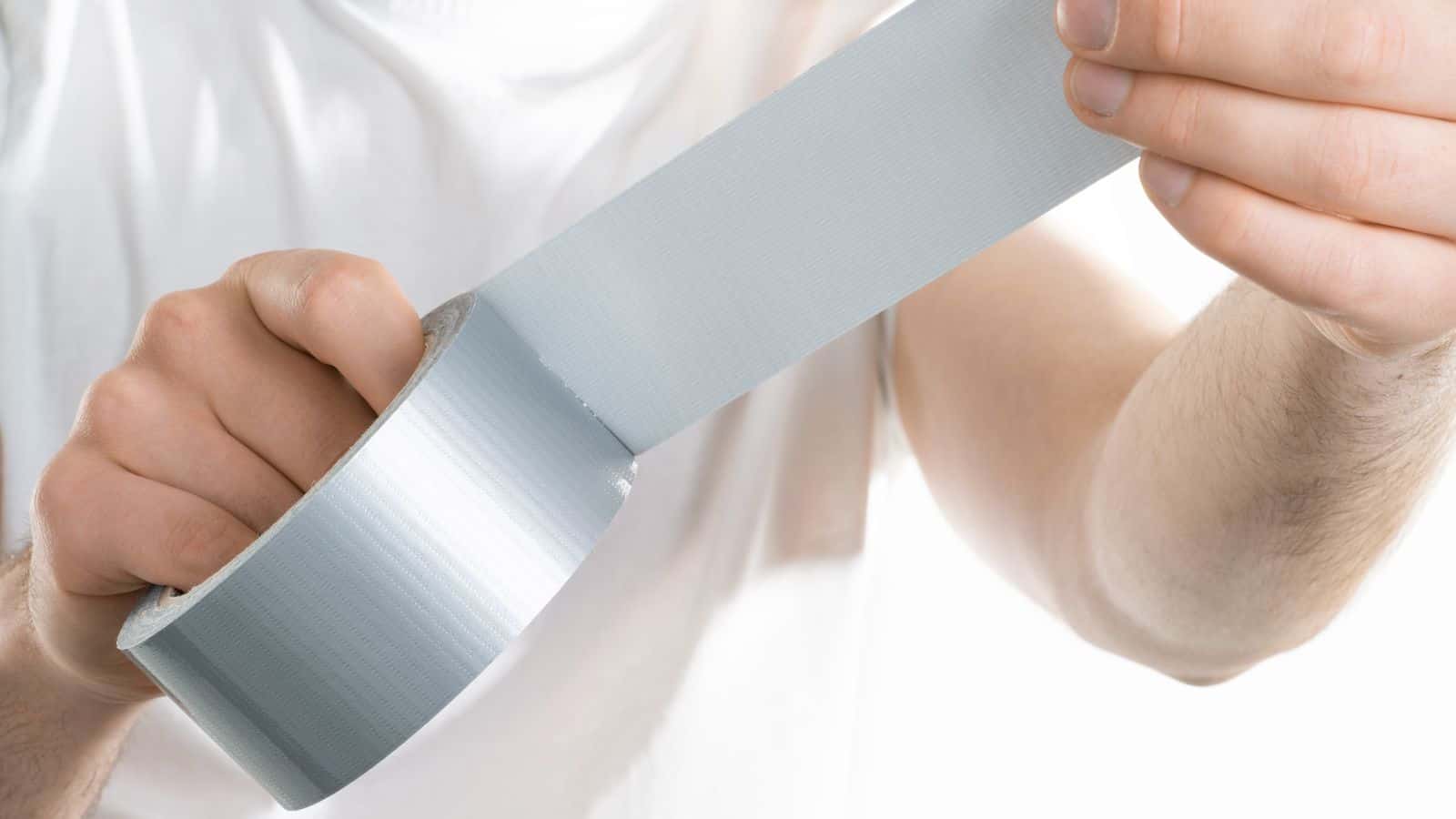
Duct tapes will come in handy for a lot of DIY constructions and repairs—they help you seal leaks, patch holes, secure items in place, and even create makeshift shelters. What’s more, they’re so strong and versatile that they work on wood, stone, plaster, brick, and metal surfaces.
Local Maps
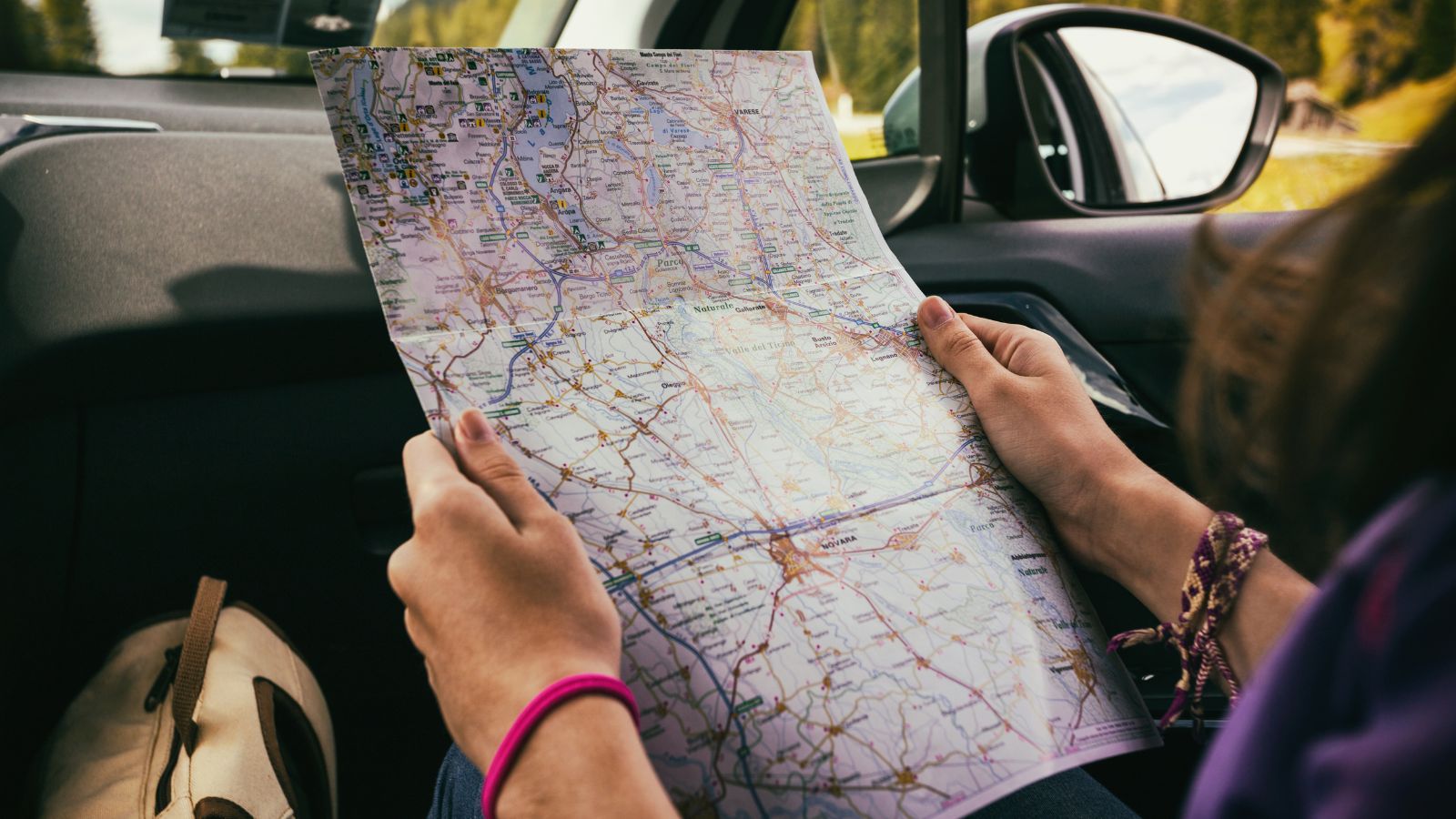
There may be times when you don’t have access to the internet to check maps online. In this case, physical local maps can be a real lifesaver. These help with planning travel routes and navigating through these routes. You’ll find physical maps even more useful if they have details of evacuation routes, shelters, and landmarks.
Insect Repellent
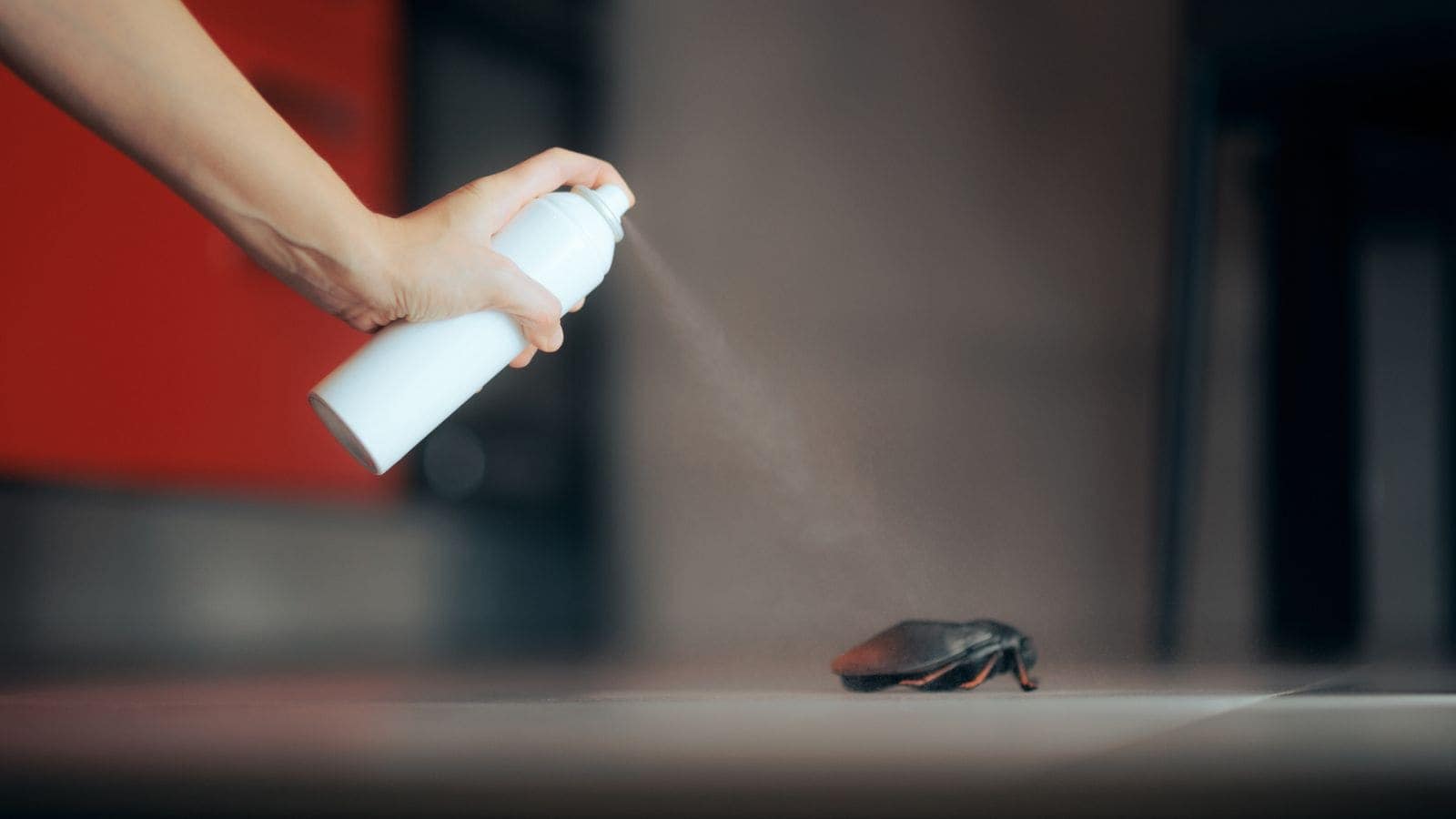
Talking about insect repellents, Be Ready Utah tells us that “biting and stinging insects can carry disease. In a disaster situation where medical help may be limited, you want to be sure to minimize that possibility.” Whether in the form of sprays or lotions, insect repellents will help you safeguard your health while camping outdoors.
Gloves
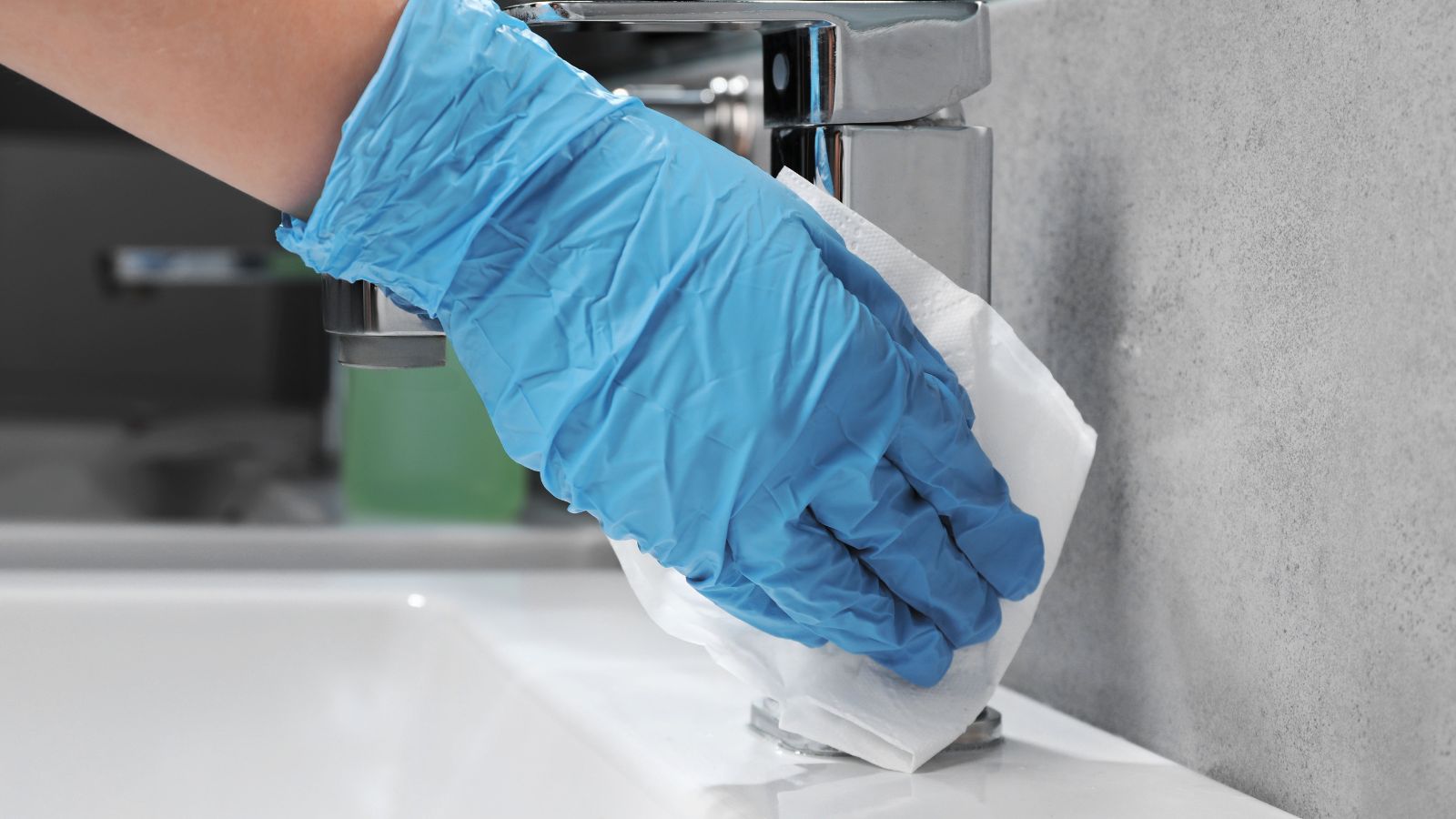
Work gloves protect hands from debris and keep fingers safe during repairs or when handling rough materials. Wearing them also prevents you from getting infected by bacteria or harmed by dangerous chemicals. You should keep multiple sizes of gloves in your kit.
Up Next: 17 Things Most People Forget After Someone Dies
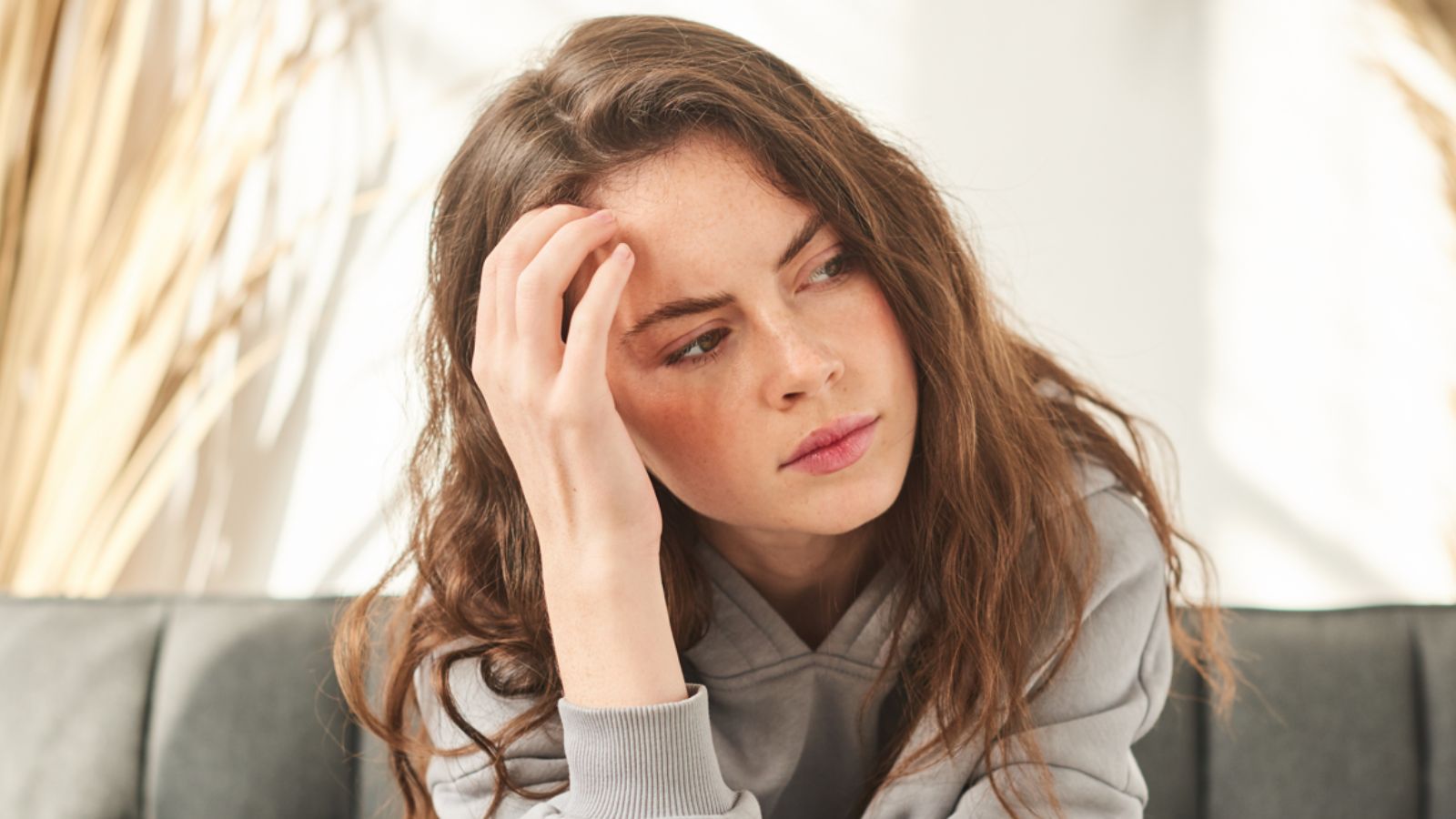
When a person dies, it’s easy for their partner or family members to overlook things while they process shock and grief. Despite the pain of losing a loved family member, it’s important to remember to organize these 17 things to prevent problems later on.
17 Things Most People Forget After Someone Dies
17 Phrases Confident People Use to Stand Up For Themselves

Confidence is a healthy and attractive trait that helps us stand firm in our values and set healthy boundaries. We can always become more confident, and learning the right ways to stand up for yourself is a great way to start. Here are 17 phrases you can use to do so.
17 Phrases Confident People Use to Stand Up For Themselves
20 Signs Someone Is Only Pretending to Care

Whether it’s to avoid hurting your feelings or if it’s part of a more elaborate plan to deceive you for benefits, people pretend for many reasons. The main theme with them, though, is that their actions never match the sugar-coated words that come out of their mouths. So that you don’t fall for someone like this, we’ve compiled 20 signs for you to look out for.

